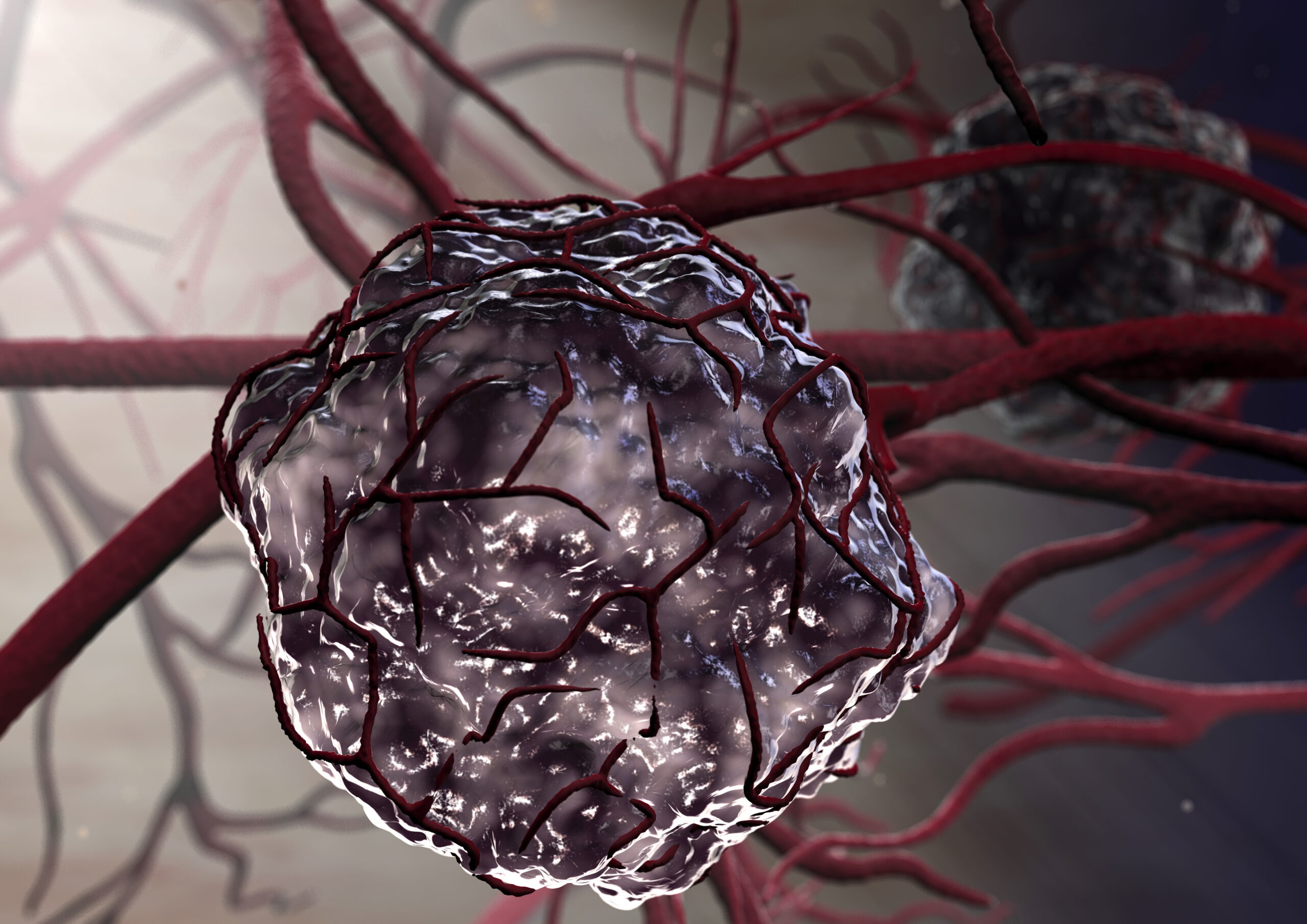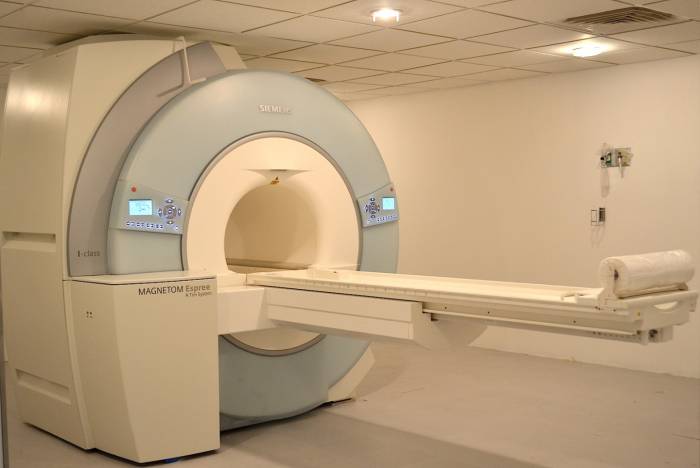CT Scans May Increase Risk Of Cancer
Many don’t hesitate to think twice when they go for any recommended medical testing, but facts are that some diagnostic and follow-up imaging scans can be detrimental to health, especially if radiation is involved. Computerized tomography scans are one such diagnostic imaging protocol as it blasts ionizing radiation into the body that can significantly increase …











